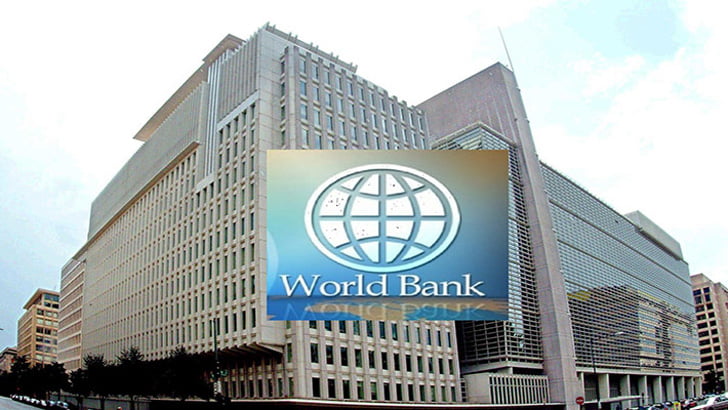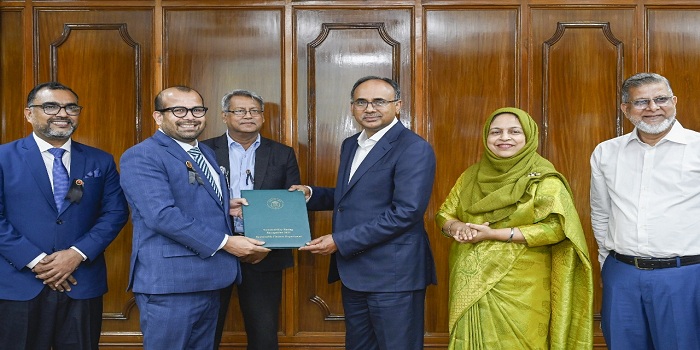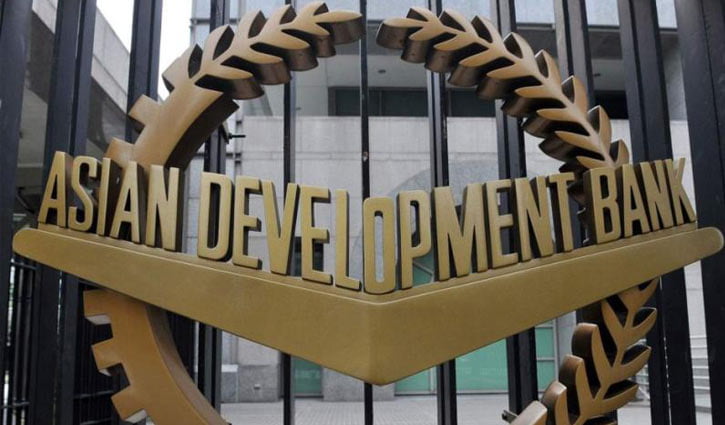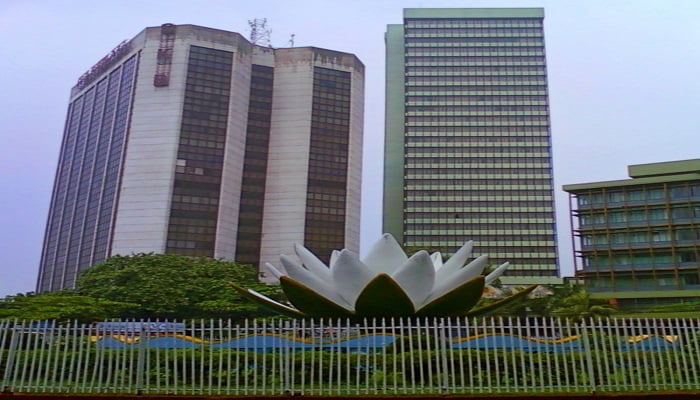GDP to grow at its slowest in 18 years: ADB
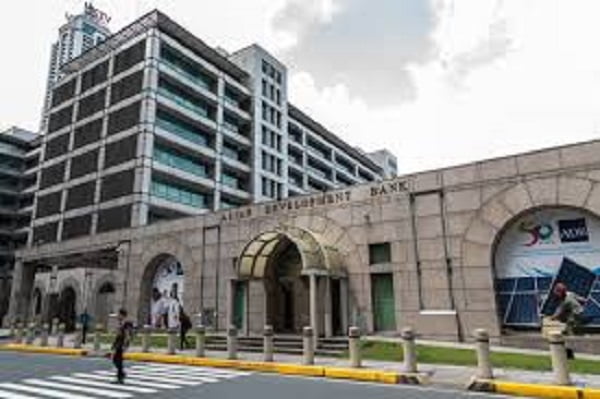
Bangladesh’s economy will grow by only 3.8 percent this year, predicts the Asian Development Bank
The Asian Development Bank (ADB) has predicted that Bangladesh’s economy will grow by only 3.8 percent this year, the slowest growth rate since 2002, due to the impacts of the Covid-19 pandemic.
Bangladesh’s gross domestic product (GDP) grew at an impressive 8.2 percent in the last fiscal year, and at an average of 7.4 percent between 2015 and 2019.
The Manila-based multilateral lender also estimated that 1.3 crore people may fall into poverty in addition to the country’s existing 3.4 crore poor people. Fiscal deficit may reach 7.5 percent of the GDP driven by low revenue receipts, it said.
The ADB came up with the grim forecast of the country’s economy after similar findings the World Bank and the International Monetary Fund disclosed last month.
found this prediction in an assessment report on a $500 million loan sought by Bangladesh to fight the Covid-19 pandemic. The ADB approved the loan proposal yesterday.
The report said Covid-19 has had a devastating health, social and economic impact on Bangladesh. Given the density of the country’s population, sizable slum population, and underdeveloped medical system, Bangladesh faces significant challenges in containing the virus, said ADB.
Before the onslaught of the coronavirus, Bangladesh’s macroeconomic management was largely sound with high growth and benign inflation. The public debt to GDP ratio was low at 34.9 percent as of June 30, 2019. Foreign exchange reserves were $32.7 billion at the end of 2019.
But the pandemic has changed the scenario in a few months. It has had a significant impact on the economic outlook. The IMF has projected that the economic growth will weaken to 3.8 percent, and the World Bank has estimated it at 2 to 3 percent this fiscal year ending on June 30.
ADB said the nationwide shutdown has resulted in simultaneous supply and demand shocks, with production, consumption, trade, and investment all at a standstill, which has impacted domestic consumption badly.
Domestic consumption accounts for 75 percent of the Bangladeshi economy and a sharp fall in demand has severely impacted retail, accommodation, restaurant and transportation sectors.
The report forecasts that by sectors, industry is expected to decline by 2 percent and services by 3.5 percent.
Also, traditional growth drivers of the economy – export-oriented industries, remittances, domestic consumptions, and SMEs – have all ground to a halt, said ADB.
The pandemic is expected to result in a decline in revenues, estimated at 2 percent of GDP, as well as an increase in countercyclical expenditures, said ADB. The programme will finance the anticipated fiscal deficits.
ADB found that the government’s initial estimates indicate additional financing needs of $8.8 billion, which is 14.2 percent of the annual budget of $61.6 billion. About $2.9 billion of the deficit will be financed through external sources, and $5.9 billion from the domestic market.



